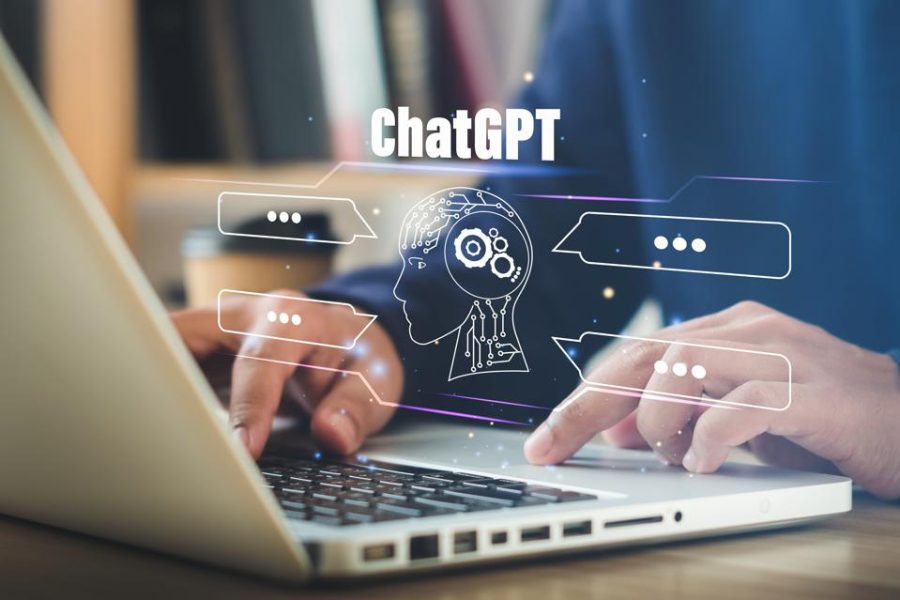What You Should Know About ChatGPT
ChatGPT was released in November of 2022. It has since had a significant impact on the technology, communication, and education of the world. But is it as trustworthy and ethical as it is made out to be?
Developed by OpenAI, it is a chatbot designed to have natural language conversations with humans. It is trained on a large amount of text data including books, articles, and web pages; which allows it to generate responses to various topics.
ChatGPT is helpful in a productivity sense, allowing people to get quick answers to various issues and topics in an efficient manner. It also has had significant positive impacts on customer service industries, where chatbots are used to provide instant answers to those seeking assistance, overall improving the customer experience, and reducing the workload for human customer service representatives.
The chatbot does a great deal in breaking language barriers as well, making it easier to connect with people from different parts of the world. It has the potential to transform the way we communicate with those who speak different languages, for the travel and international business industries. In the education field, ChatGPT has the ability to create personalized learning experiences for students, helping them become more engaged with learning.
However, the chatbot has raised a lot of concerns for teachers across the country. Dr. David Sachs recently did a presentation on Chat GPT at a recent Westchester Council Faculty meeting for Pace University. He spoke about its impact on Pace, and how it might affect things moving forward.
“ChatGPT raises a whole lot of issues for the university,” Dr. Sachs said. He explained its obvious advantages, like how it provides an easy way to look up information on a large display of topics. “Recently I needed an outline for a talk that I was going to give – (about ChatGPT as it turns out) – and ChatGPT provided me with an outline of possible topics in about 30 seconds.”
Dr. Sachs is also beginning to learn how to use ChatGPT as a professor, but what’s getting the attention of universities is plagiarism concerns surrounding the use of the chatbot. “ChatGPT will quickly write a paper about almost any topic and will include information that goes up to 2021. My understanding is that the next version – ChatGPT4 – will go up to the present. And Microsoft is including ChatGPT (4 I think) in almost all of their products – Word, Bing, etc.” Dr. Sachs said, “So now we have to think about when and where and how to use ChatGPT effectively, and at the same time, how to think about how it should not be used.”
One of the more pressing issues is ChatGPT’s negative effect on academic honesty. As mentioned before, the chatbot pulls the majority of its data from the internet, which as we all know by now isn’t the most truthful place on the planet.
What’s bound to happen is that a lot of students are going to assume ChatGPT is a know-all and can do no wrong. In reality, the chatbot tends to pull information from misleading sources, which is the last thing a student wants for their essay.
The sources aren’t credited either, which leads to issues of plagiarism on multiple levels. This was the spark for a lot of school districts and universities to start taking action, banning the site from student use entirely.
In the short time it’s been out, ChatGPT has already made a large impact on the world. Its ability to respond efficiently to different topics and questions has proven to be very useful in many different situations. Despite this, we have to acknowledge that it isn’t perfect, and in certain cases not ethical. As it continues to evolve, we should expect it to become more integrated into society, changing the way we use technology in our daily lives.
Your donation supports independent, student-run journalism at Pace University. Support the Pace Chronicle to help cover publishing costs.

